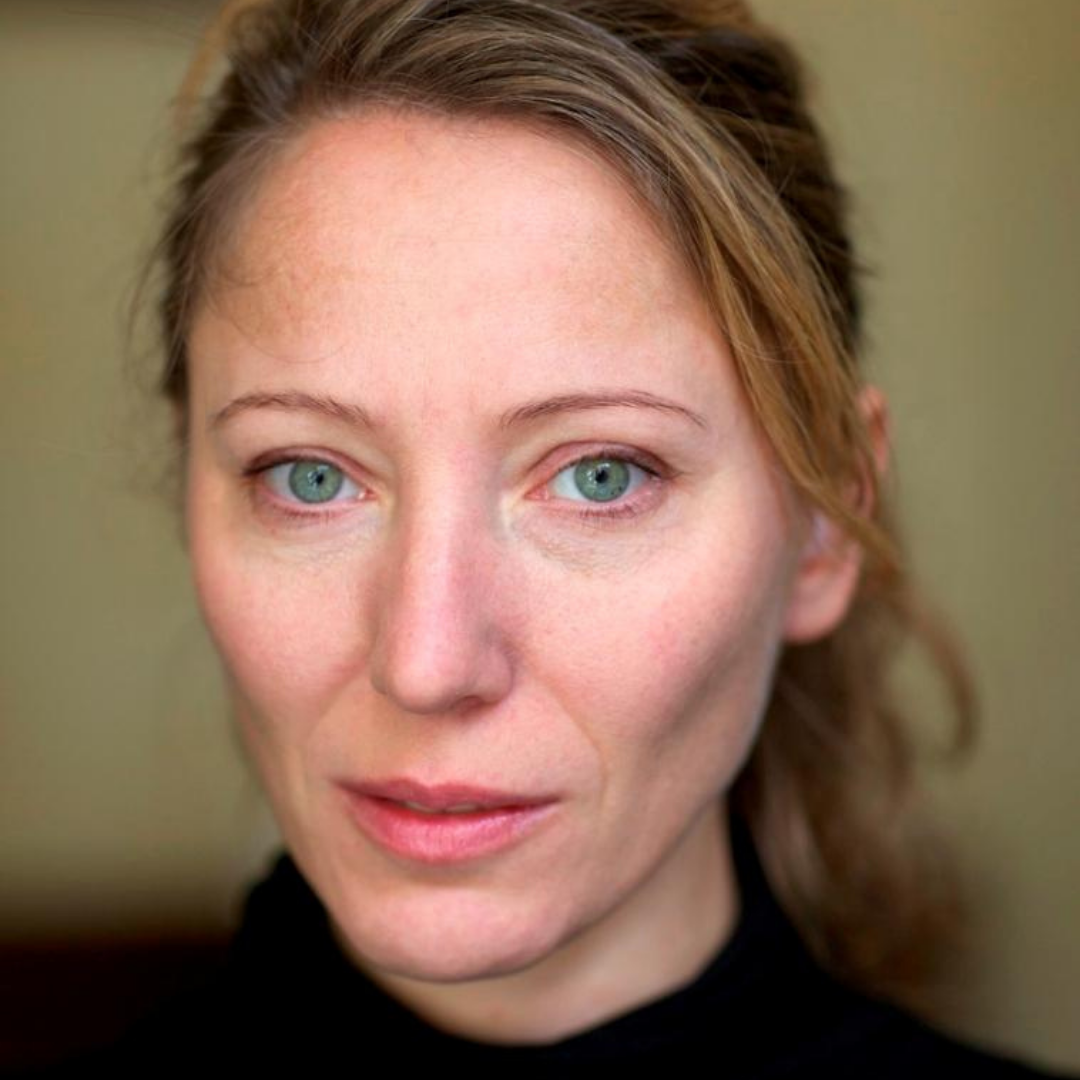
[Lecture] Maria Kronfeldner – Not all critique is an infringement of freedom (CriticLab)
🗓 19. May 🕒 1:00pm 🔹 online
We are living in a time of polarization. Parts of the so-called safe-space movement seem to take any kind of criticism as offensive or discriminating, and as undermining their freedom of expression (e.g. regarding their identity). Some of their opponents also evaluate any kind of criticism they receive as a restriction of their freedom of expression (e.g. regarding their political views). These are two sides of the same coin, both of which are questionable. Thus, the problem is to give an account of how critique should be like (normatively viewed), so that it neither contributes to harm, nor limits the freedom of the criticized person, an account that prevents equating critique with a negation of freedom, and that nonetheless is able to account for the fact (descriptively viewed) that some critique is indeed offensive or infringing freedom of expression. What is needed is an account that takes freedom and responsibility into account. The talk will present work in progress on these issues, focused on how to distinguish between legitimate (justified) critique and an infringement of the diversity of freedoms of expressions that are crucial for an open, just, and democratic society.
Maria Kronfeldner is Professor at Central European University’s Philosophy Department. She works in the philosophy of the sciences, integrating it with other approaches in science studies, and has published widely in these areas. She currently directs the “Epistemology of the In/human Project” and has been awarded The Karl Popper Essay Prize of the British Society for the Philosophy of Science and The Philosophical Quarterly International Essay Prize. From 2010–2014 she was Junior Professor at Bielefeld University. Earlier she held several fellowships, among them at the Max Planck Institute for History of Science in Berlin; at the Fishbein Center for History of Science and Medicine of the University of Chicago; at the Center for Philosophy of Science, University of Pittsburgh; and at the Sydney Centre for the Foundations of Science of the University of Sydney.
********
This talk is part of the reading workshop “Is the philosophy of science a socially engaged discipline?”
It is based on the paper “The freedom we mean: A causal independence account of creativity and academic freedom”.
Moderator Aleksandra Knežević
